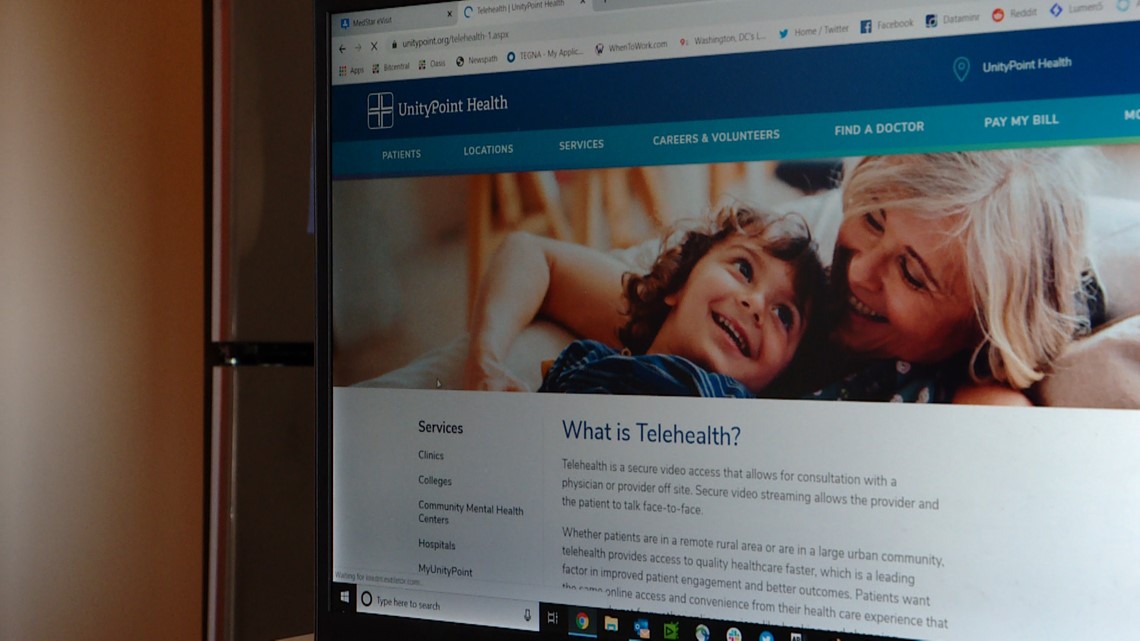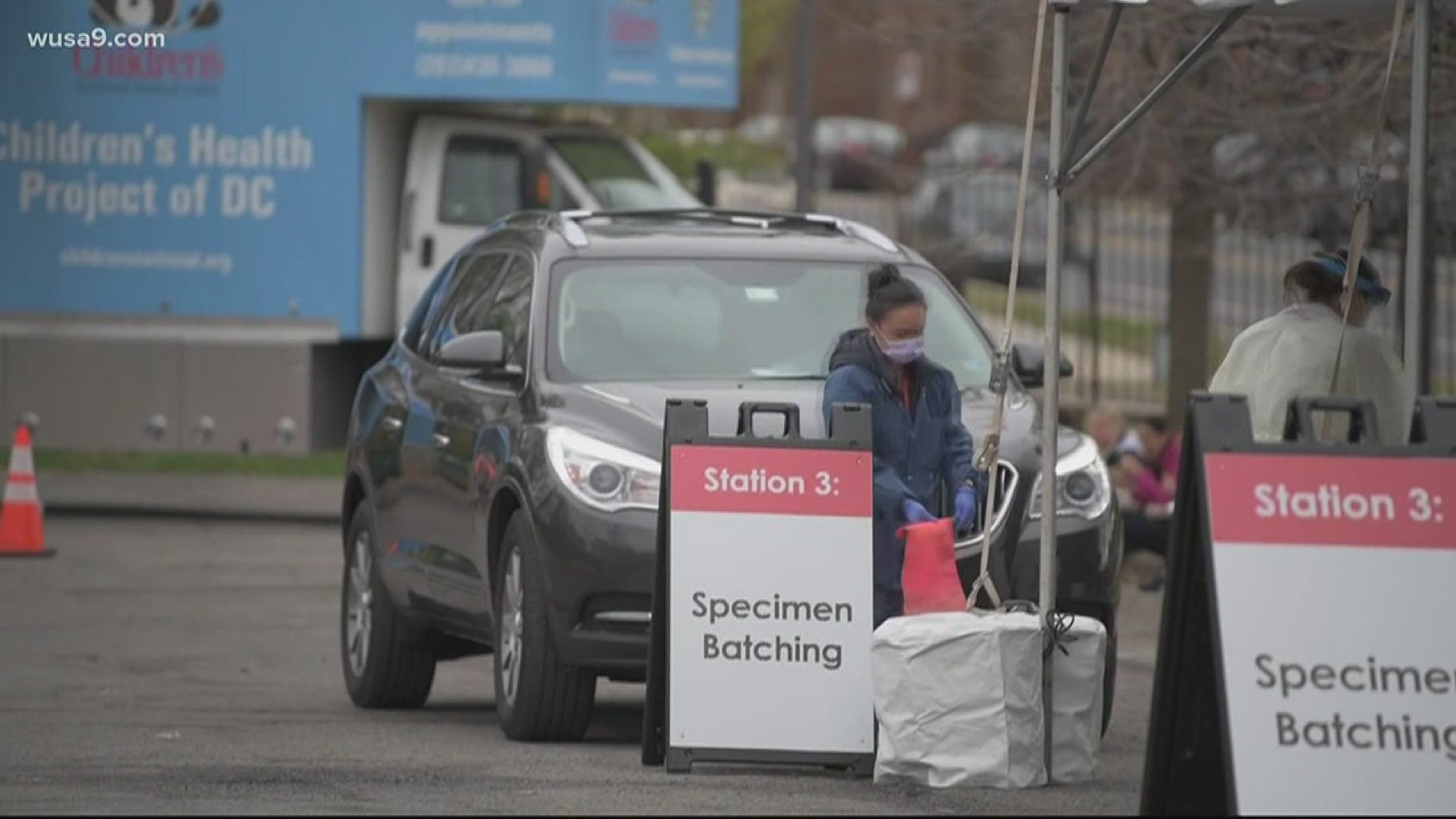WASHINGTON — Across the DMV there are more than 10,000 confirmed COVID-19 cases, but experts say the actual number of infected people could be higher than the numbers officially reported.
"There certainly are people who very well may have COVID who aren't getting tested," Andrew Robie, the Chief Medical Information Officer for Unity Health Care, said.
Many of the patients Robie is referring to may not know they have it, or are turning to medical advice through telehealth rather than going into an emergency room.
Along with Unity Health Care, MedStars’s eVisit numbers have also skyrocketed during the pandemic.
"For instance [in] February, we did about 240 or so video visits to patients in their homes, and yesterday I think it was somewhere in the neighborhood of 3,400 for the day," Dr. Ethan Booker, the Medical Director of the MedStar Telehealth Innovation Center and MedStar E-Visit, said.
Booker said the vast majority of those visits are patients checking in with their regular doctor, but they’re seeing about 450 patients a day use the MedStar eVisit, similar to a virtual urgent care.
Booker said about two-thirds of those eVisit patients are calling with coronavirus-like complaints.
He said over the first few weeks of the crisis, they virtually saw about 8,000 people who had symptoms, but only about 12 to 15 percent of those patients qualified to be tested for the virus.
"We haven't tested everybody who would like to be tested," Booker said. "And that's true of lots of kinds of things like seasonal flu, for instance, we don't test everybody who thinks they have flu. So, it is likely that there are some folks out in the community who have mild cases, who don't get a test, and the advice for them is the same as the advice for absolutely everybody else: stay home, wash your hands and try not to touch your face."


Requirements people need to meet in order to get tested include underlying health conditions, their age, if they were in contact with someone who tested positive, or if they work with the health care field.
Dr. Robie said they too adhere to the CDC guidelines for testing.
"There are lots of people out there who have maybe mild symptoms who aren’t in high-risk groups and there just aren't enough test kits and capacities to testing for all those folks right now," Robie said. "So there certainly are people who very well may have COVID who aren't getting tested and probably will recover at home with, you know, careful contact and monitoring."
Robie also said that could be why the number of coronavirus cases don’t match the actual number of people who have it.

